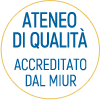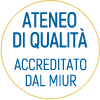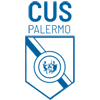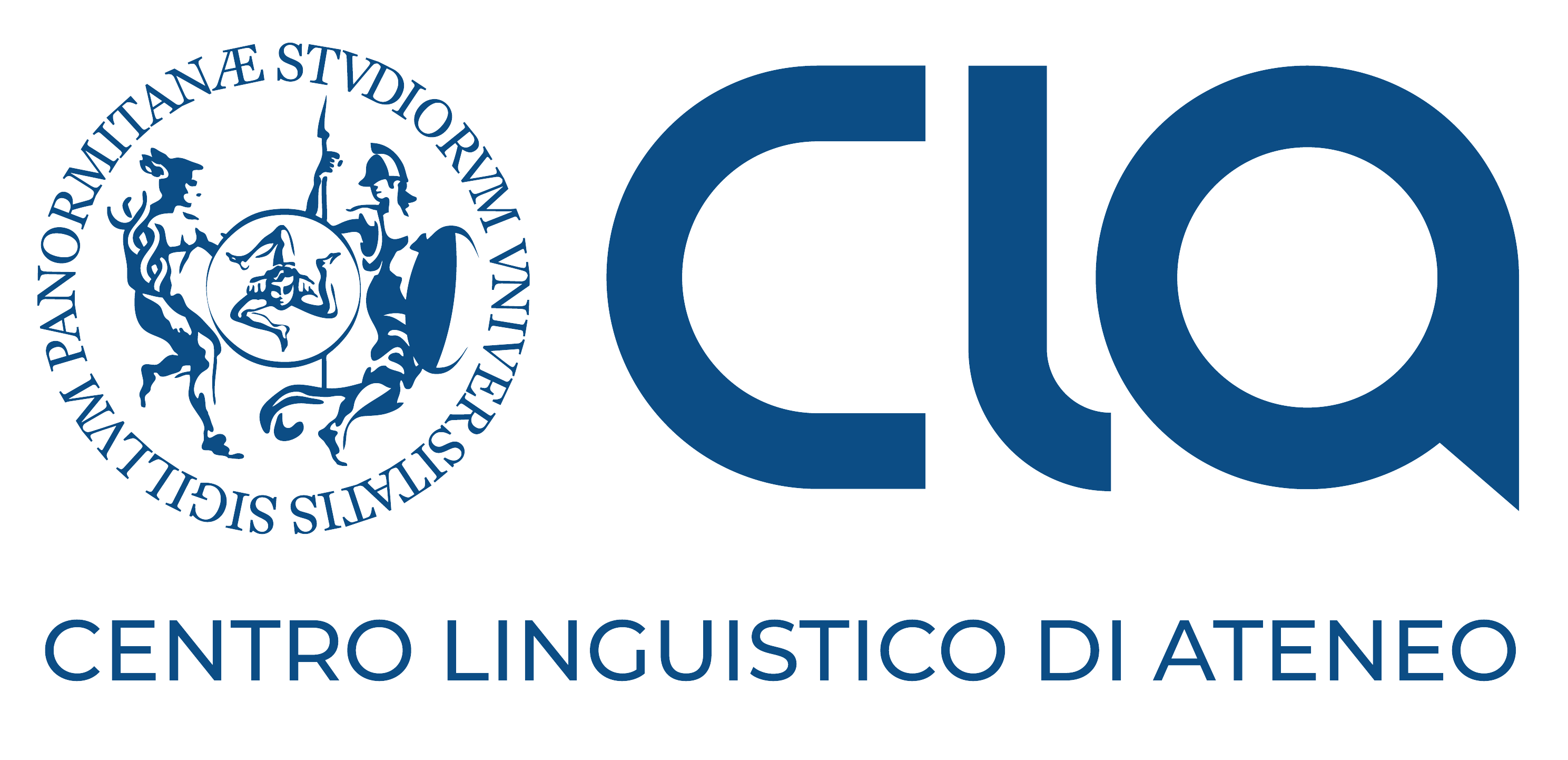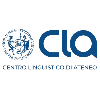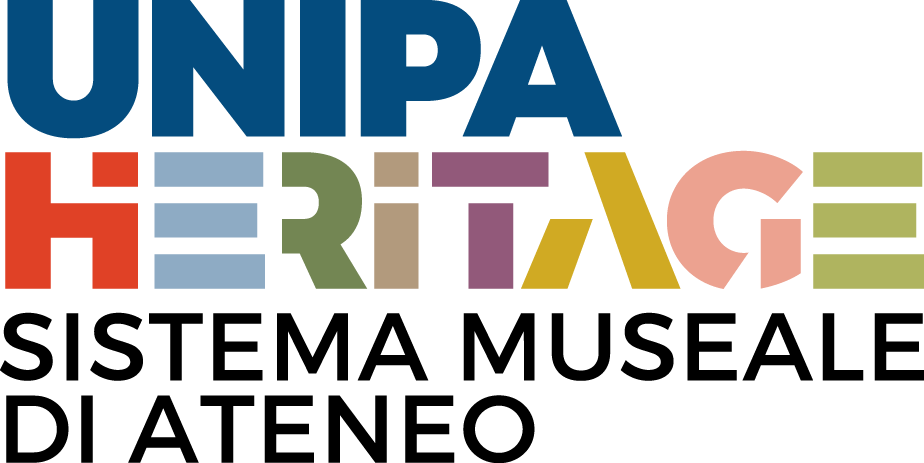Faculty of Educational Science
LM-51 – CLINICAL PSYCHOLOGY
LM 51 – PSICOLOGIA CLINICA
Educational Objectives and Professional Opportunities for Graduates
The specific learning goals of this course are as follows:
- advanced and updated knowledge of the most significant theories of the normal psychological functions and psychopathological suffering with regard to the complex model of self-evaluation and psychopathology of the individual consciousness, the unconscious as well as familiar and socio-anthropological traits. The coursework goes deeper into the matter through the analysis of the co-presence of mental, cultural, biological and relational factors in the development of psychic life and of its pathology;
- deep understanding of the psychological-clinical methods of intervention;
- ability to provide adequate therapeutic indications;
- ability to conduct research on the efficiency as well as the applicability of interventions in different contexts;
- ability to carry out evaluation interviews and psychological-clinical support;
- ability to write clinical reports to communicate with colleagues and other healthcare professionals such as social workers and psychiatrists;
- knowledge of the specific research methods of clinical psychology based on the outcome, process and context evaluation.
Graduates in clinical psychology might:
- fill high responsibility positions in organisations and services for individuals, groups and communities;
- carry out consulting activities in public and private sector;
- start an extensive professional training in psychotherapy.
EDUCATIONAL PROGRAMME
Curriculum in “Neuropsychology”
| 1st YEAR | Credits |
| Cognitive Neuro-Sciences | 6 |
| Psychodynamic Models for Research and Intervention | 9 |
| Psychotherapy | 9 |
| Psychodynamics of Setting | 6 |
| Theoretical and Applied Neuropsychology | 9 |
| Psychology of Organisations and Institutions | 6 |
| Working Groups on Professional Identity | 5 |
| 2nd YEAR | Credits |
| Psychiatry | 6 |
| Professional Practice | 5 |
| Neurological Disorder Rehabilitation | 6 |
| Neuro-Imaging | 6 |
| Sociology of Deviance | 6 |
| Neurolopsychological Evaluation Techniques | 9 |
| Group of Optional Educational Activities | 5 |
| (Suggested) Elective Educational Activities | 12 |
| Final Examination | 15 |
| (Suggested) ElectiveEducational Activities | Credits |
| Multipersonal Psychotherapies | 6 |
| Theory and Techniques of Clinical Intervention with Families | 6 |
| Psychosomatics with Elements of Health Psychology | 6 |
| Ethnopsychoanalysis | 6 |
| Clinical Psychology of Adolescence | 6 |
| Group of Optional Educational Activities | Credits |
| Psychology of the Mafia Phenomenon - Studio | 5 |
| Clinical Psychological Intervention in Social Contexts - Laboratory | 5 |
| Clinical Psychology of Handicap– Laboratory | 5 |
| Paediatric Psychology – Laboratory | 5 |
| Behavioural Disorders on Neurological Basis - Laboratory | 5 |
EDUCATIONAL PROGRAMME
Curriculum in “Relationship-centred Care”
| 1st YEAR | Credits |
| Cognitive Neuro-Sciences | 6 |
| Psychodynamic Models for Research and Intervention | 9 |
| Psychotherapy | 9 |
| Psychodynamics of Setting | 6 |
| Theoretical and Applied Neuropsychology | 9 |
| Psychology of Organisations and Institutions | 6 |
| Working Groups on Professional Identity | 5 |
| 2nd YEAR | Credits |
| Psychiatry | 6 |
| Professional Practice | 5 |
| Pathological Addiction | 6 |
| Research Methodology in Clinical Psychology | 6 |
| Sociology of Deviance | 6 |
| Psychodiagnostics and Psychopathology | 9 |
| Group of Optional Educational Activities | 5 |
| (Suggested)Elective Educational Activities | 12 |
| Final Examination | 15 |
| (Suggested)ElectiveEducational Activities | Credits |
| Multipersonal Psychotherapies | 6 |
| Theory and Techniques of Clinical Intervention with Families | 6 |
| Psychosomatics with Elements of Health Psychology | 6 |
| Ethnopsychoanalysis | 6 |
| Clinical Psychology of Adolescence | 6 |
| Group Of Optional Educational Activities | Credits |
| Psychology of the Mafia Phenomenon – Studio | 5 |
| Clinical Psychological Interventions in Social Contexts - Laboratory | 5 |
| Clinical Psychology of Handicap– Laboratory | 5 |
| Paediatric Psychology – Laboratory | 5 |
| Behavioural Disorders on Neurological Basis - Laboratory | 5 |





